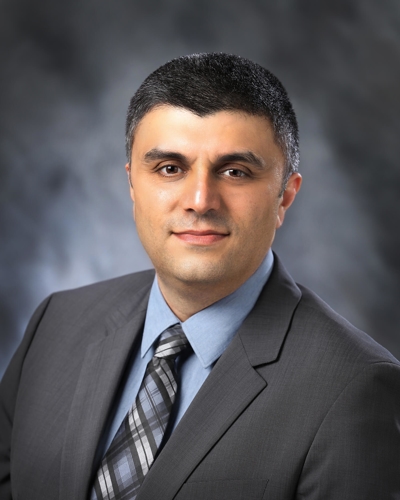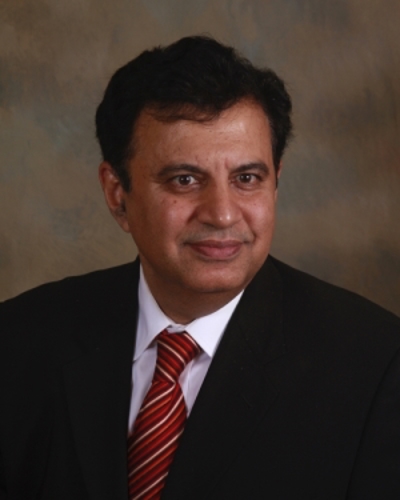
Atrial Fibrillation
What Is Atrial Fibrillation?
Atrial fibrillation is an irregular or quivering heart beat that can cause a variety of ill effects such as:
- Stroke
- Blood clots
- Heart failure
- Other complications
Approximately 2.7 million Americans or more currently have atrial fibrillation. This condition occurs when the upper chambers of the heart—the “atria”—beat out of synch with the heart’s lower chambers, or “ventricles.” Atrial fibrillation is the most common form of heart arrhythmia, or irregular heartbeat. There are not always symptoms associated with atrial fibrillation, but some signs associated with this condition include shortness of breath, feelings of weakness / fatigue, and heart palpitations.
How Is Atrial Fibrillation Treated?
Atrial fibrillation is not in and of itself life threatening, but this condition can increase your risk of heart disease and other serious conditions—some of which require emergency medical attention. Complications such as blood clots forming in the heart and leading to blocked blood flow in other organs can also result.
Treatments for atrial fibrillation typically seek to change the heart’s electrical system and may include various medications, as well as recommended lifestyle changes involving nutrition and exercise. In some cases, more serious measures must be taken, such as surgery, cardioversion, ablation, or pacemakers.
Learn more about our cardiology department and the services we provide for our patients at Washington Township Medical Foundation.
-
Cardiology Cardiology, Cardiovascular Disease, Internal Medicine 39300 Civic Center Drive
Suite 200
Fremont, CA 94538
(510) 248-1670 More Information


.jpg)


